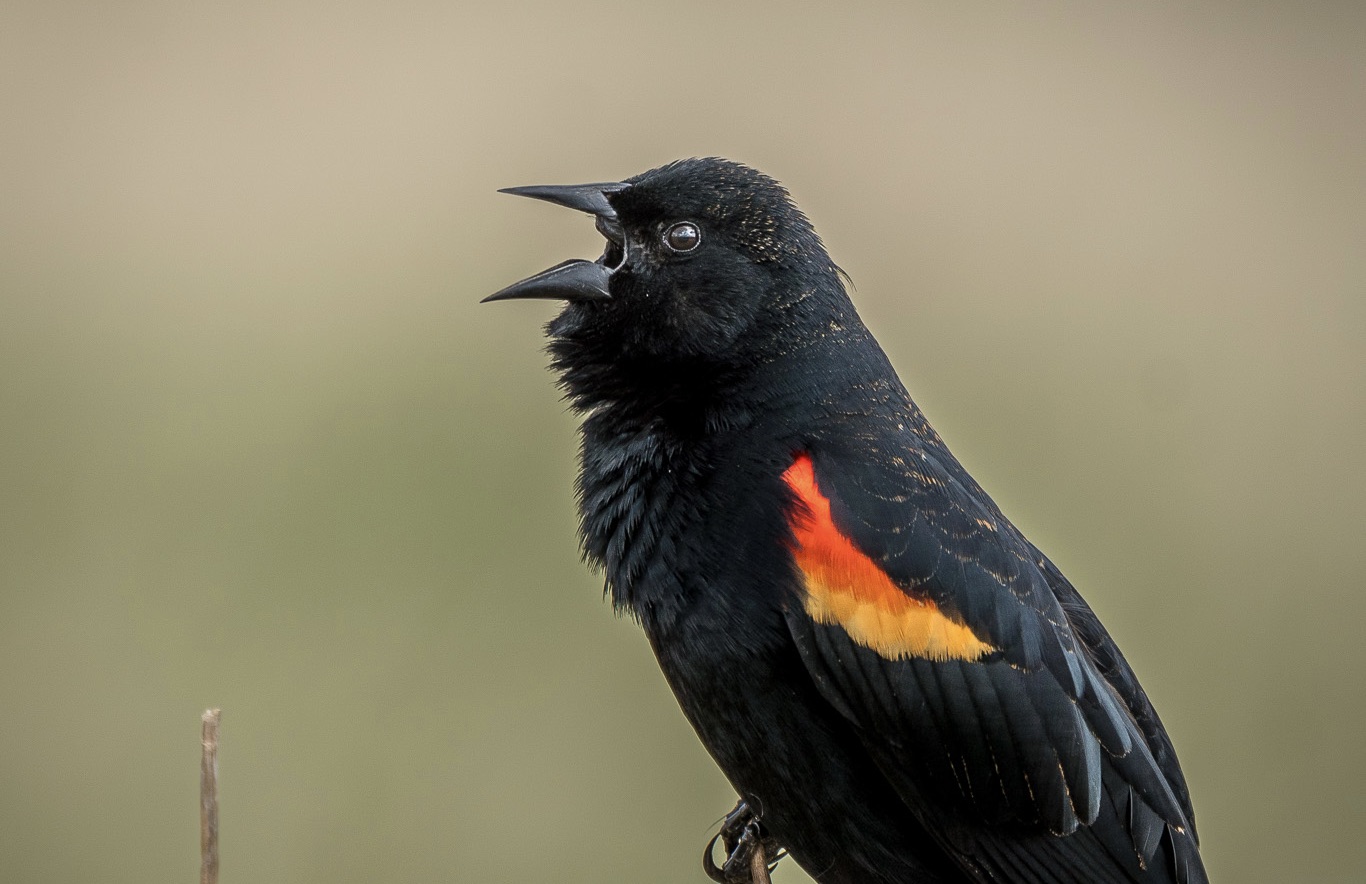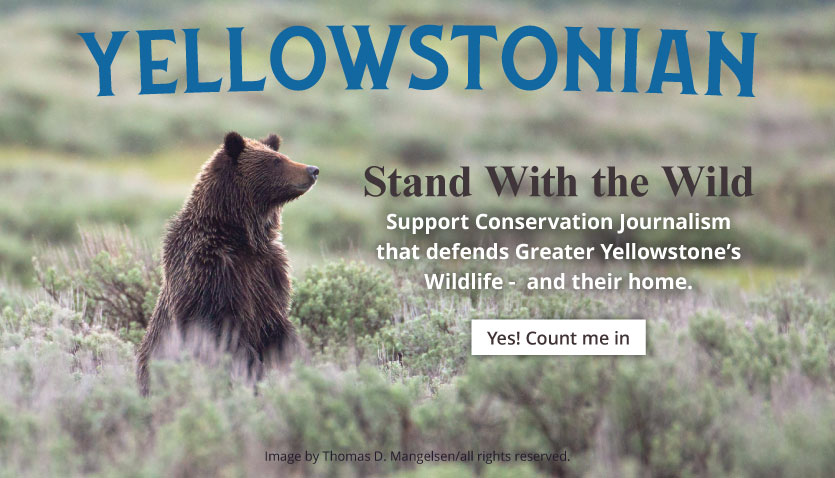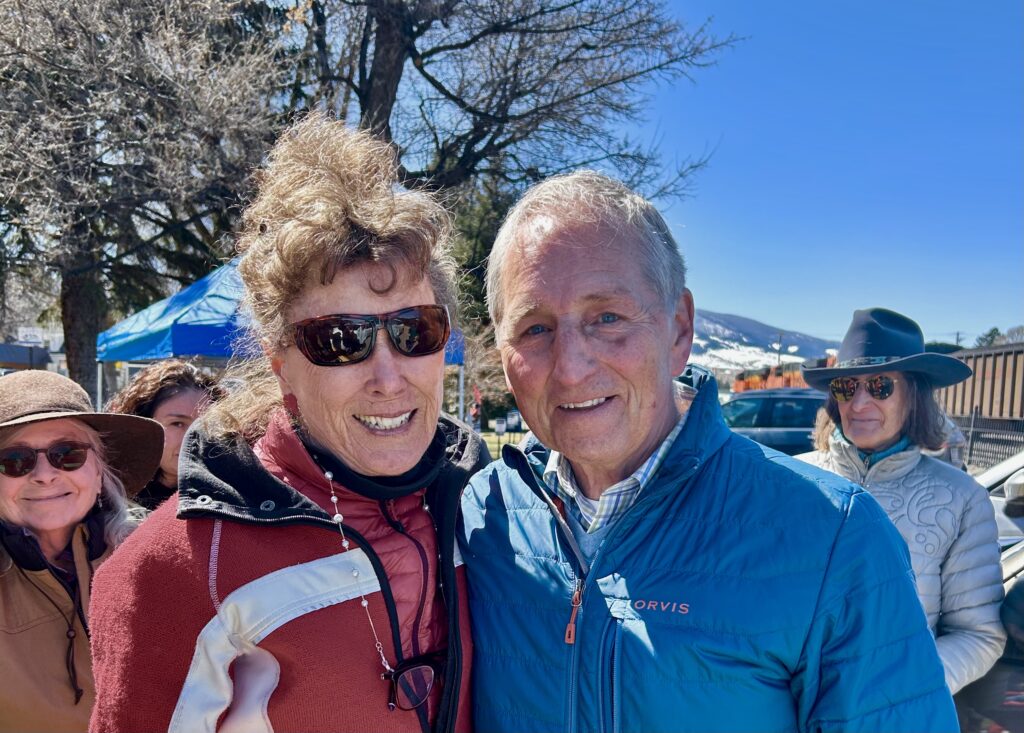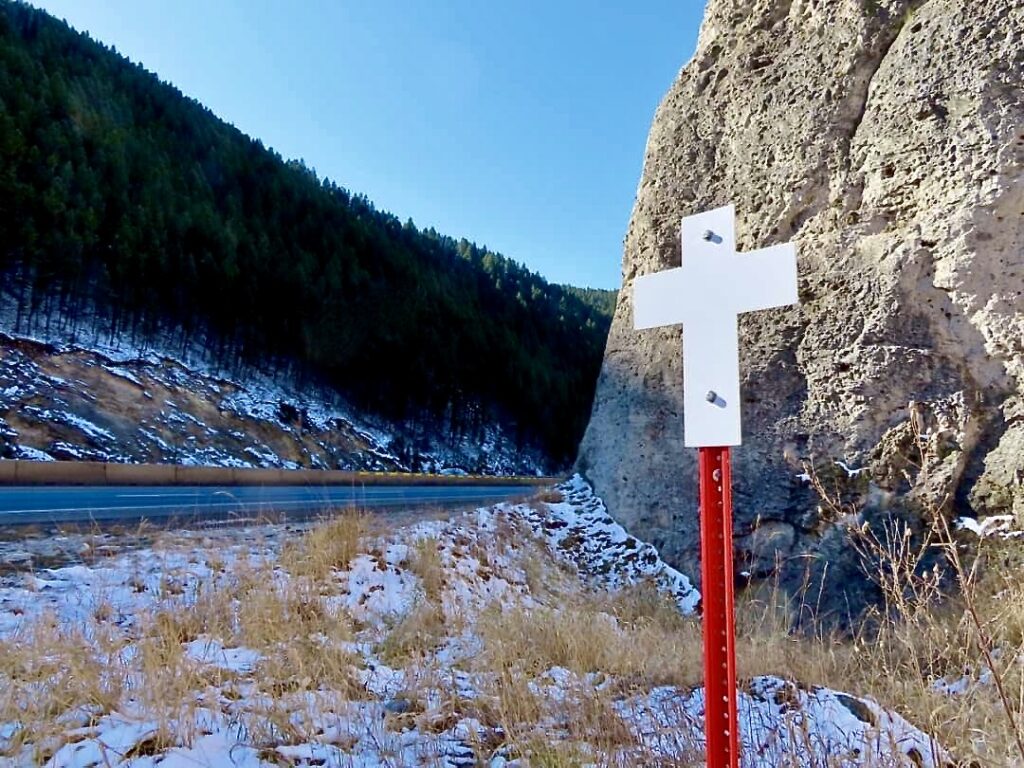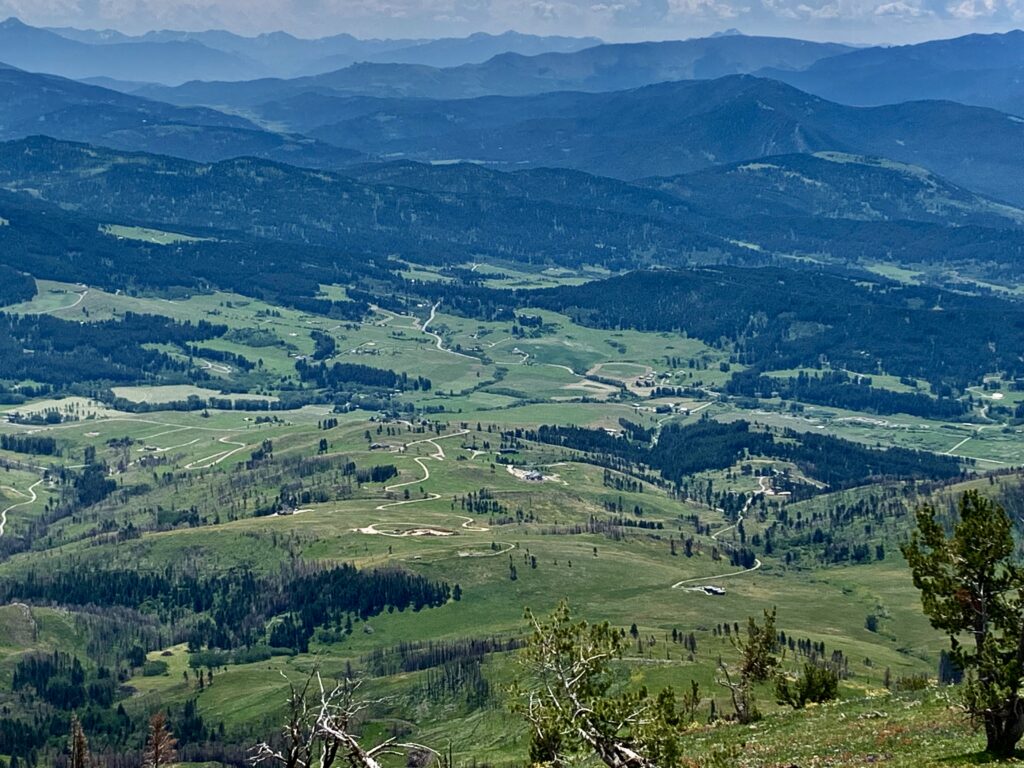by Brad Orsted
My parents wouldn’t let me have a gun. Not a real gun. I had a Daisy bb gun. But that was as far as they would go.
Starting junior high school, I met a group of kids from the other side of town. One of my new friends invited me over to his house during spring break when the crocus were blooming. Shawn had guns. Lots of guns. And motorcycles. My parents wouldn’t let me have a motorcycle either. Shawn’s property connected to a deep stand of woods and a swamp edged with cattails. We became fast friends.
It was nearly an hour to Shawn’s house by moped along hickory tree-lined county roads. There was a rush of excitement as I crossed the highway and traveled, for the first time by myself, to the northside of town. The air was much cooler out in the country, as small town neighborhoods gave way to hardwood forests full of future mosquitos and fireflies.

We had been shooting Shawn’s .22 caliber rifle, his .38 caliber six-shot revolver, and a 20 gauge shotgun just for fun. My Dad had already taught me how to fire my Daisy. The same technique applied. Aim, breathe in, exhale, and slowly squeeze the trigger—don’t pull it. That’s what the Army had taught him before shipping him off to Vietnam to hone his skills. Oddly enough, it was the same practice I would use to “shoot” wildlife with a camera in Yellowstone some thirty years later as a photographer.
I was getting much better at riding motorcycles, shooting guns, lighting off M-80s, and sneaking out of Shawn’s bedroom window at one am to break curfew and cruise the heavy night air under street lights on our renegade mopeds. Shawn’s rural residence was on the opposite side of town and had everything mine didn’t. I began staying there whenever I could. My parents even allowed me to spend the night there on school nights. If they only knew what we were up to. There was always the smell of gasoline, gun powder and WD-40 around Shawn’s house. It was intoxicating. The smell of freedom.
One harmless afternoon, at the back of the property where the swamp met the woods, Shawn and I were taking turns shooting Mountain Dew bottles off of a rotting fencepost with his .22 bolt action rifle. There would be the quick crack of the rifle firing, followed by the sound of shattering green glass.
Just then, a red-winged blackbird landed on the next fencepost over. He let out his melodious call as Shawn whispered in my ear, “Kill him.” Without hesitation, I turned the rifle and shot the blackbird right as he ended his song. The bird dropped to the ground. Shawn laughed. “You got him!” he said and patted me on the back.
Other than fish and frogs, this was the first thing that I had ever killed. It was also the first thing that I had ever killed with a gun. I felt like I should be proud, and admittedly, I was impressed with my ability to turn on a dime and make a kill shot without blinking. Yes, I was indeed proud of myself. A marksman in the making.
Shawn started walking towards the dead bird. I lowered the rifle and followed.
Staring down at my quarry in the dry grass, I was shocked at how dead it was. The bird’s dark eyes had already filmed over and were sinking back into its skull. It was just lying there, motionless, wings tucked in, not much bigger than my hand, and it was dead.
The blackbird’s body seemed to have already lost something. It was collapsing in on itself. Even though it had only been dead for a few minutes, the lifeless body looked like it could have been lying there in the brown grass for days. Something so subtle yet necessary was missing. Its being. Life quantified for me. The life I had thoughtlessly taken at the beckon of “kill it” was gone, like a drunken prayer.
The blackbird’s body seemed to have already lost something. It was collapsing in on itself. Even though it had only been dead for a few minutes, the lifeless body looked like it could have been lying there in the brown grass for days. Something so subtle yet necessary was missing. Its being. Life quantified for me. The life I had thoughtlessly taken at the beckon of “kill it” was gone, like a drunken prayer. I could have never known then, as a teenager, that years later, I would see that same sunken stare and collapsing in of death on the face of my only child.
Decades later, to this day, it still bothers me. The killing of a red-winged blackbird from my youth. I’ve had recurring nightmares about it. Always the same, the blackbird finishes its song with great exhalation, the soft whisper in my ear to, “Kill it,” and the bird hitting the ground. I wake up crying. Sullen and soaked with the actions and past I cannot change. I have also dreamed that birds will be the last thing I hear before my own death. It’s hard to describe, that otherworldly intuition, just out of reach, yet no less there. A notion, from a not so faded dream, that birdsong will be my own last earthly pleasure, before I too fall to the ground, eyes glazing over, and collapse in on myself.

